THE NEED
Modern organizations rely on a diverse set of software applications—ERP, CRM, HRMS, analytics platforms, and more—to manage operations. However, when these systems operate in silos, data becomes fragmented, workflows are inefficient, and decision-making is delayed. Software integration bridges these gaps by enabling seamless communication between applications, ensuring data consistency and process automation. Without proper integration, businesses face duplication, errors, and scalability issues. System Integration Consulting ensures that software systems are connected in a way that supports business goals, enhances productivity, and reduces operational complexity. Mubadara’s approach focuses on secure, scalable, and future-ready integration strategies tailored to your environment.


How It Works
We begin by analyzing your existing software ecosystem, identifying key applications, data flows, and integration challenges. Our team maps out dependencies, APIs, and communication protocols to understand how systems interact—or fail to. Based on this, we design an integration architecture that supports real-time data exchange, process automation, and centralized control. This may include middleware platforms, API gateways, or custom connectors. We also ensure compatibility with legacy systems and cloud platforms. Security, scalability, and performance are built into the design. Testing, documentation, and training follow implementation to ensure smooth adoption. The result is a unified digital environment that supports efficient operations and informed decision-making.
Application Mapping & Dependency Analysis
We begin by identifying all critical software applications used across your organization, including ERP, CRM, HRMS, and custom tools. Our team maps out how these systems interact, where data overlaps, and which processes depend on cross-platform communication. This analysis helps uncover inefficiencies, data silos, and integration gaps. We also assess dependencies between modules, workflows, and third-party services. Understanding these relationships is essential for designing a cohesive integration strategy. The result is a clear blueprint that guides the integration process and ensures alignment with business objectives.
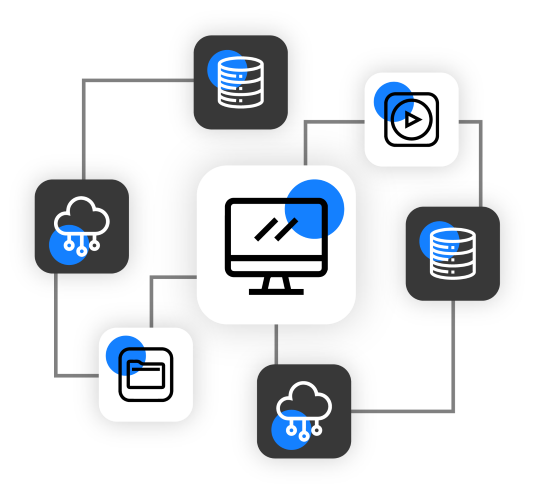

API Development & Management
APIs are the backbone of modern software integration. We develop secure, scalable APIs that enable seamless communication between applications. This includes RESTful or SOAP APIs, authentication mechanisms, and version control. We also implement API gateways to manage traffic, enforce usage policies, and monitor performance. Proper API documentation is provided to support developers and future enhancements. Our approach ensures that data flows are efficient, secure, and adaptable to changing business needs. APIs also support automation and real-time data exchange across platforms.
Middleware & Integration Platforms
Middleware acts as a bridge between disparate systems, enabling smooth data exchange and process orchestration. We deploy enterprise-grade middleware solutions such as ESBs (Enterprise Service Buses) or iPaaS (Integration Platform as a Service) to handle message routing, transformation, and protocol translation. These platforms reduce complexity by centralizing integration logic and providing a unified interface for managing connections. Middleware also supports scalability, fault tolerance, and monitoring. Our consulting ensures that middleware is configured to meet your performance, security, and compliance requirements.
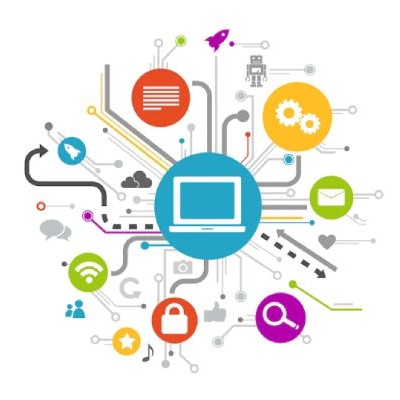
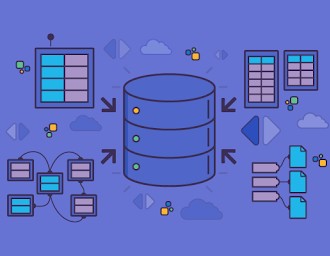
Data Synchronization & Transformation
We ensure that data remains consistent and accurate across all integrated systems. This includes real-time synchronization for critical operations and scheduled batch updates for non-urgent data. We also implement data transformation rules to align formats, structures, and schemas between platforms. Our solutions support master data management, eliminating duplication and ensuring a single source of truth. Data validation and cleansing routines are built into the process. This component ensures reliable reporting, analytics, and operational efficiency across departments.
Security & Access Control
Security is a core consideration in software integration. We implement encryption protocols, secure tokens, and role-based access controls to protect data in transit and at rest. Integration points are monitored for vulnerabilities, and access is restricted based on user roles and system permissions. We also ensure compliance with standards like ISO 27001, NCA ECC, and GDPR. Regular audits and updates are part of our strategy. This component safeguards sensitive information and ensures that integrated systems operate within a secure framework.

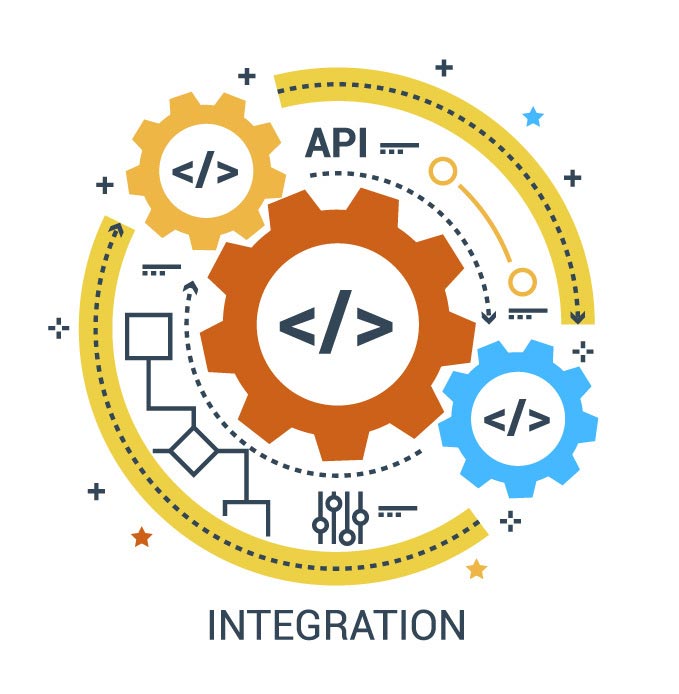
Legacy System Integration
Many organizations rely on legacy systems that are critical but not natively compatible with modern platforms. We enable these systems to communicate with newer applications using protocol adapters, custom connectors, and middleware. Our approach preserves existing investments while unlocking new capabilities. We ensure minimal disruption during integration and provide fallback mechanisms for stability. Legacy integration also includes data migration, interface modernization, and performance tuning. This component supports gradual digital transformation without compromising operational continuity.
Cloud & Hybrid Integration
We design integration strategies that connect cloud-based applications with on-premises systems, creating a seamless hybrid environment. This includes secure VPNs, cloud connectors, and identity federation for unified access. Our solutions support real-time data exchange, centralized management, and scalability across platforms. We also address latency, redundancy, and compliance challenges unique to hybrid setups. Cloud integration enables remote access, flexible deployment, and cost optimization. This component ensures that your infrastructure is future-ready and adaptable to evolving business models.
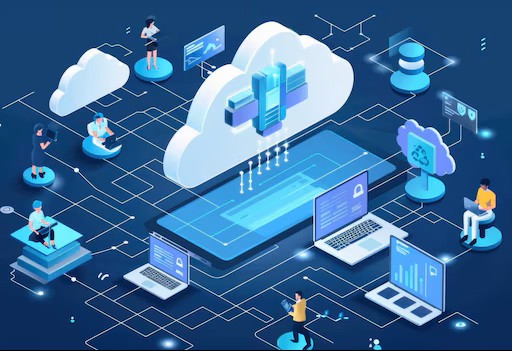

Monitoring & Performance Optimization
We deploy monitoring tools to track the health and performance of integrated systems. Dashboards provide real-time insights into data flow, system responsiveness, and error rates. Alerts are configured for anomalies, failures, and performance degradation. Historical data supports capacity planning and continuous improvement. We also conduct regular reviews to optimize configurations and enhance reliability. This component ensures that your integration environment remains efficient, stable, and aligned with business goals.
Compliance & Audit Readiness
Integrated systems must meet regulatory and internal governance standards. We ensure that audit trails, access logs, and data handling policies are in place and properly documented. Our consulting includes preparing for audits, aligning with standards like ISO, GDPR, and NCA ECC, and implementing reporting tools. Governance frameworks define roles, responsibilities, and escalation paths. This component ensures transparency, accountability, and legal compliance across your software ecosystem.



